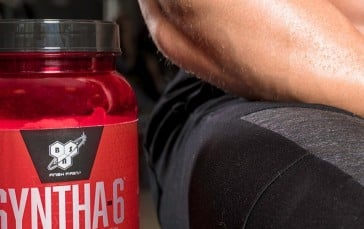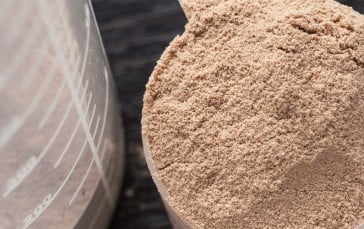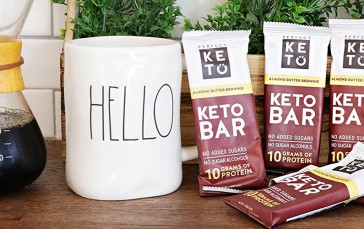How To Choose A Healthy Protein Bar
Life is hectic, to say the least, and we often find ourselves in a mad rush to simply get out of the door in the mornings and from point A – B (and then from B-C and C-D) and everywhere else in between! This leaves us with little time to sit down and enjoy a healthy balanced meal and so we often resort to energy-rich protein bars to keep us fuelled-up and on the go. These bars promise to nourish us with all of the nutrients that we need while keeping hunger at bay and supplying us with a good dose of amino acids that will ensure that our muscles are pumped, flexed and ready for action.
While we cannot deny that modern energy bars certainly do contain a good amount of protein, especially for those who do a lot of exercises, it’s the accompanying ingredients that give them their “junk” status. These nasty additives could possibly counteract our intentions of consuming something that is supposed to be healthy for us. So many so-called nutritional energy bars that we find on the shelves are in actual fact just glorified candy bars and are loaded with sugar, tons of calories, odd protein-sources and other sketchy ingredients that might make the bars taste good but, in the end, they’re no good for our bodies!
The good news is that there are still options and many brands have stuck to their guns to manufacture a health bar that is rich in protein but also meets other health requirements without tasting like cardboard.
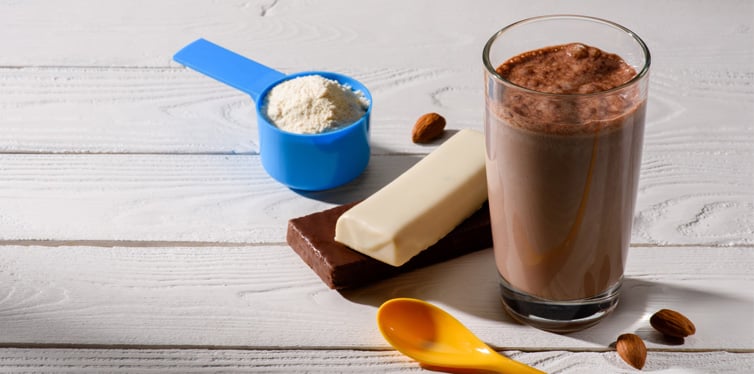
Here’s how to choose a nutritional bar that’s good for you:
1. Start With The Ingredients That You Recognise
When we flip food packaging over to read the labels, we often find ourselves overwhelmed with all the unfamiliar food sources, additives and preservatives that are added to the ingredients. This can be somewhat intimidating and we either end up setting the item back on the shelf or simply just purchase it in desperation to just get something into our stomachs. When it comes to purchasing protein bars, however, Men’s Health Magazine advises that you start with the ingredients that you do know and that a good rule of thumb is to aim for a healthy snack bar that has about seven or fewer ingredients.
Ingredients that you recognize are usually ones that you can buy separately like nuts, seeds and whey protein for example. As you will see, there are many meat-free foods that pack serious protein. Then, the tongue-twisting names of the remaining contents tend to be more harmful, although many vitamins and minerals (which are good) are also referred to in their scientific names – so, it might be worth your while to familiarise yourself with this jargon.
2. Pay Attention To The Protein Content
Here we refer to both checking how much protein is in a bar as well as what the source of protein is. The nutrition advisor for Men’s Health, Dr. Mike Roussell, says that the most satiating bar would be packed with at least 30 grams of protein – although such bars are, in fact, far and few between. Bars that contain less than 20 grams of protein are good for a snack and will sustain you for a good couple of hours but will not help you if you intend on relying on the protein before or after a workout routine. In this instance, it is advised that you munch on a handful of nuts as well as the protein bar to increase protein consumption for muscle-building and muscle-repair purposes. Besides this, there are many muscle-building meal prep recipes that will make your life easier.
It’s also very important to choose bars that draw their protein from good food sources and that these sources pose no threat to your health. Most energy bars include dairy or plant-based protein sources like whey, soy, milk, rice, peas, and hemp – sometimes egg is also used. If you have any allergies or sensitivities to these food items (perhaps you are lactose intolerant), then be sure to choose a bar that’s based on a type of protein you can safely eat. Vegan proteins are always a safe option.
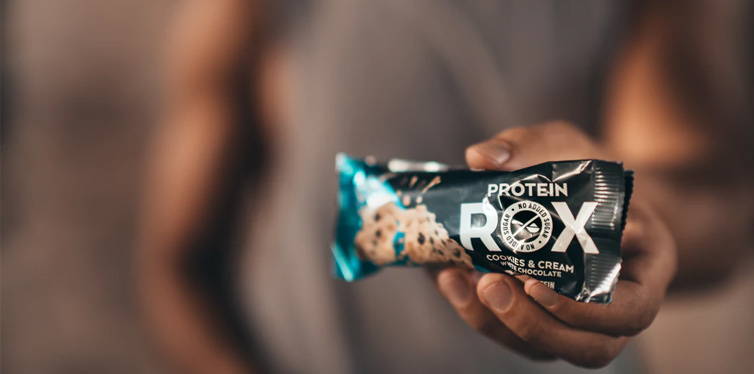
3. Choose A Bar With Very Little Sugar
Sugar, it tastes so good but does so much harm! The best advice we can give (as difficult as it may be to accept) is to eliminate sugar from your life and to say “no!” to chocolate-laden protein bars and brand’s that come with dessert-type names. While a conservative amount of sugar is perfectly acceptable and quite necessary for those who are about to enter a strenuous workout, for those who are relying on the protein bar for pure sustenance to carry them until their next meal, then high-sugar quantities should be avoided at all costs.
The issue lies in the fact that high doses of sweeteners have the potential to spike blood sugar, which simply sets one up for a killer energy crash, anticipated hunger, and hard-to-resist cravings. Men’s Health once again advises to opt for protein bars that keep sugar content to 6 grams or less and if they derive their sugar from whole food sources like Dates and other fruit, the better!
4. Fiber Is Always Good
Fiber is one of the most important nutrients that we need to include into our daily diets but in a fast-paced lifestyle, it’s often the one we omit the most. If you are looking for an -on-the-go meal replacement, however, then fiber is your best friend and works hand-in-hand with supplying good nutritional needs along with protein. This is because it’s a slow-digesting carb that aids in curbing hunger, stabilizes blood sugar and improves digestion all while keeping cholesterol in check. Fibre has amazing properties and is crucial to a person’s health!
Lisa Moskovitz, R.D., C.D.N., CEO and founder of The NY Nutrition Group says that if you do often rely on snack bars to sustain you, then ideally you should shoot for a protein bar that contains at least 5 grams of healthy sources of fiber. This way you will feel fuller for longer, which is handy if you are trying to lose weight or have a busy day ahead of you.
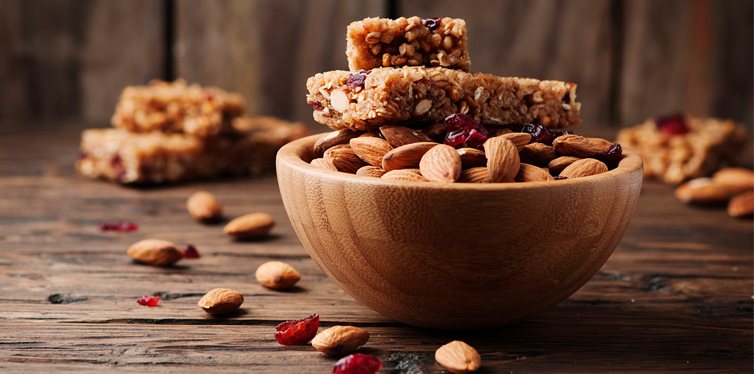
5. Consider The Calories
It is important to always know how much protein you should eat per day. While there is nothing wrong with substituting a meal with a snack bar on the odd occasion, it’s highly advised that one does not continue to rely on them as a regular meal replacement. Not only are they high in protein, but they are often loaded with calories too. This is OK if you use the bar as a pre-workout formula for energy, but not so much if you are trying to lose weight or keep it intact.
If you need to rely on a bar to sustain you for an hour or two then aim for one that includes an average of 250 calories. This is enough to give you the energy you need whilst not loading you with food that could quite possibly be turned into fat if not used appropriately. If you are desperate and need a meal-replacement bar that could keep you full and on the go for a longer period, then you can consider opting for a bar with an average of 400 calories, but preferably not more.
Sources:
- Choosing a Healthy Protein Bar – Very Well Fit
- Meal Replacements: Choose Those Bars and Drinks Carefully – WebMD




